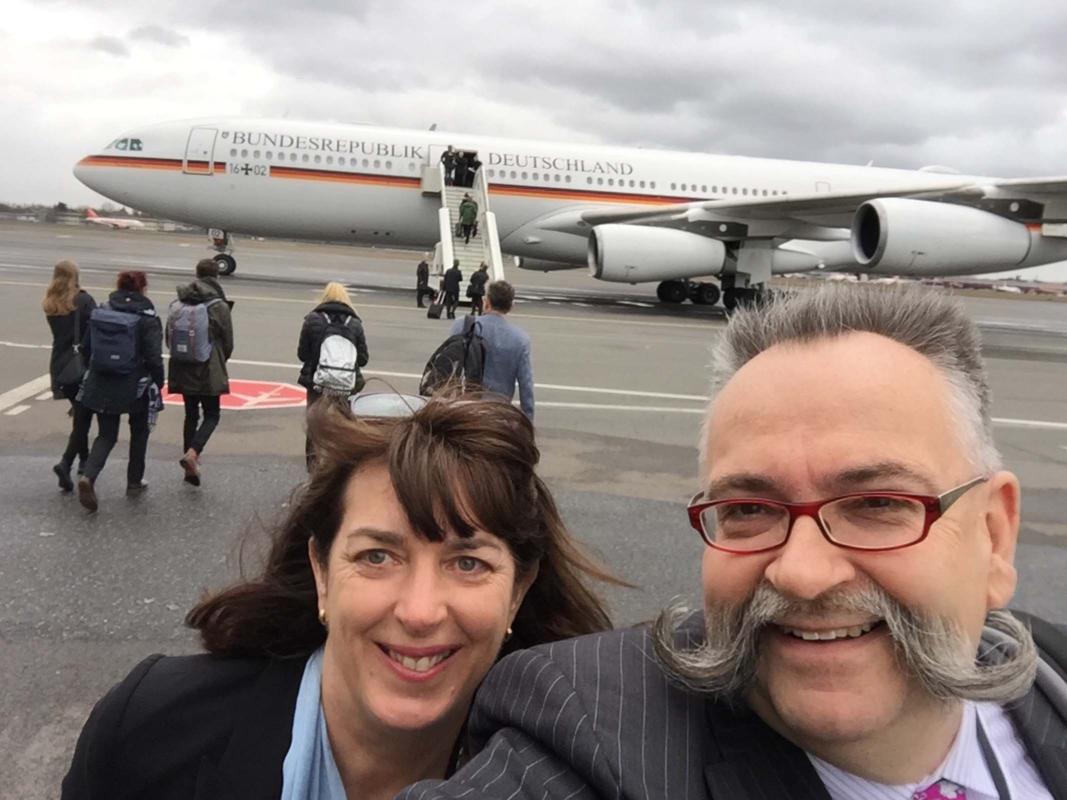Johannes Vogel, Director General of the Museum für Naturkunde Berlin, will accompany Federal President Frank-Walter Steinmeier from 11 to 16 February 2019 to the Republic of Colombia and the Republic of Ecuador. The delegation includes experts such as Humboldt biographer Andrea Wulf, Charles Darwin's great-great granddaughter and Johannes Vogel's wife, Sarah Darwin, other climate and biodiversity researchers, and representatives of German Humboldt institutions. The occasion for President Steinmeier's first visit to the Latin American continent is the 250th birthday of Alexander von Humboldt and his trip to Latin America 220 years ago. A joint visit to the Galapagos Islands is planned, where the evolutionary biologist Charles Darwin, inspired by the works of Alexander von Humboldt, among others, conducted research. Its scientific, ecological and civilisational heritage links Germany closely with Colombia and the Republic of Ecuador.
Alexander von Humboldt was the first globally thinking and acting scientist in Germany to create an international research network in which the humanities and natural sciences were still united. With the work of the Museum für Naturkunde Berlin as an opening, integrated, globally active research institute, this attitude is continued. Alexander von Humboldt was willing to take risks, he was politically thinking and acting. He represented a holistic understanding of nature. In his spirit, the Museum für Naturkunde Berlin actively participates as a mediator and advisor in social debates about the exploration of nature, its relevance, the solution of many social problems and the protection of natural resources.
The collections of the Museum für Naturkunde Berlin are a unique scientific and cultural treasure and key to the knowledge of nature. They are part of a worldwide network of scientific infrastructure with two to three billion documented objects. These objects are used to research the diversity of nature and its development in time and space. The Museum für Naturkunde Berlin has been collecting and researching for over 200 years. Many important scientists have contributed the results of their work as collectors and researchers to the Museum. Alexander von Humboldt is one of the most outstanding. His two major journeys to America and Russia have written expedition history.
On the occasion of Alexander von Humboldt's 250th birthday in 2019, an intervention will be opened on 17 June focusing on the more than 500 mineralogical collection objects that can be traced back directly to Humboldt and belong to the collections of the Museum für Naturkunde. At the same time, a book will be published on the minerals and rocks that have reached the Museum für Naturkunde Berlin via Humboldt.
